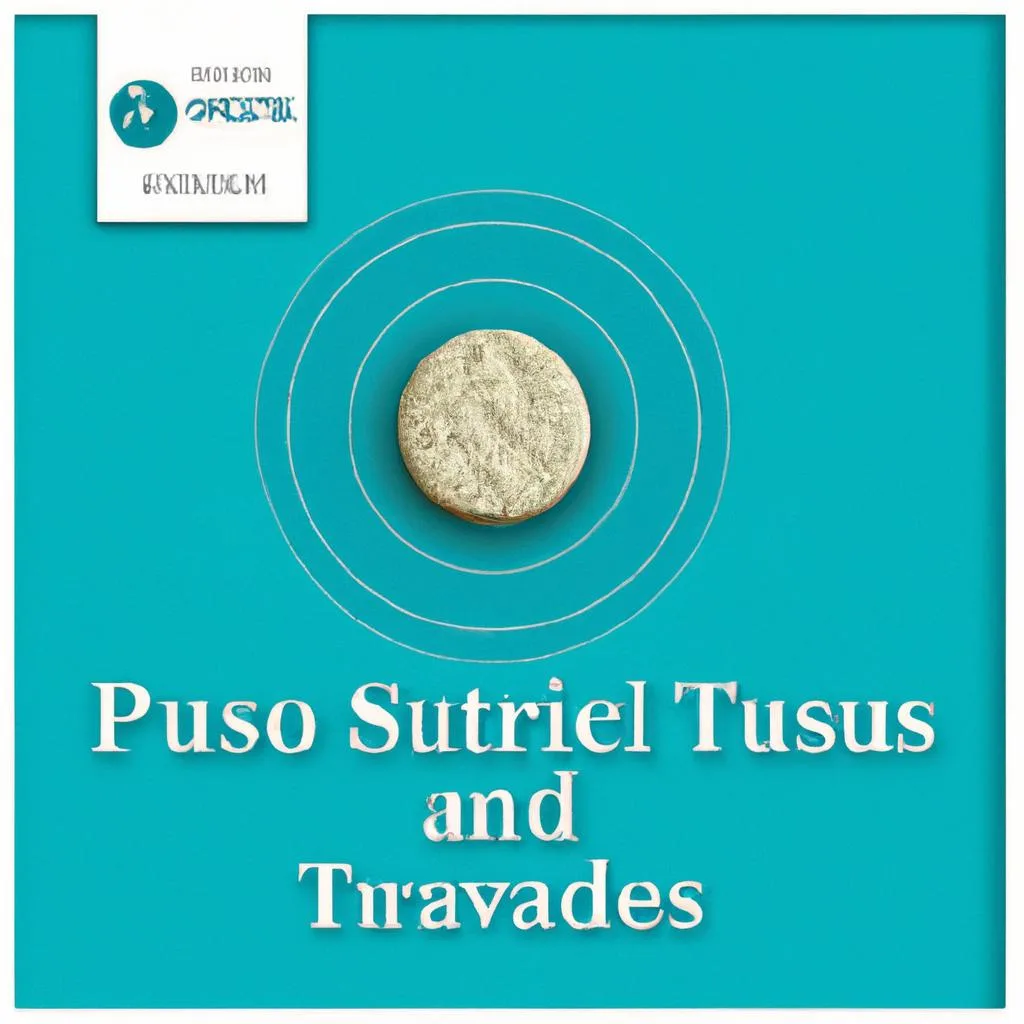In the intricate realm of estate planning and trust administration, the foundation of any successful relationship is built upon the four pillars of trust. These essential principles serve as the cornerstone for establishing credibility, reliability, and confidence in all legal matters. As seasoned practitioners at Morgan Legal Group in the heart of New York City, we understand the significance of these pillars and their profound impact on the intricate web of estate planning, probate, elder law, and Will drafting. Join us as we delve into the fundamental elements that uphold the integrity of our profession and the trust placed in us by our valued clients.
The Foundation of Trust in Legal Relationships
Trust is the cornerstone of any legal relationship, laying the foundation for fruitful collaboration and successful outcomes. In the realm of legal matters, trust is a non-negotiable requirement. Without it, clients may hesitate to disclose vital information, lawyers may struggle to effectively represent their clients, and the overall legal process may be hindered. To establish trust in legal relationships, one must understand the four pillars that support this essential element.
The first pillar of trust is integrity. Maintaining honesty and ethical behavior is crucial in building trust between parties. The second pillar is competence. Clients must have confidence in their lawyer’s abilities to navigate the complexities of the legal system. The third pillar is reliability. Consistency and dependability are key factors in fostering trust. The fourth and final pillar is communication. Open and clear communication is essential to ensure all parties are on the same page and working towards a common goal.

Understanding the Building Blocks of Trust in Estate Planning
Trust is the cornerstone of any successful estate plan. In order to build a solid foundation for your estate plan, it is crucial to understand the four pillars of trust.
Transparency: One of the key pillars of trust in estate planning is transparency. This involves being open and honest about your assets, wishes, and intentions when it comes to your estate. By providing all relevant information to your estate planning attorney, you can ensure that your wishes are carried out accurately.

Key Strategies for Establishing Trust in Probate Matters
Trust is the cornerstone of any successful probate matter, and establishing it requires careful consideration and strategic planning. At Morgan Legal Group, we believe that there are four essential pillars that form the foundation of trust in probate matters:
- Transparency: Being open and honest about all aspects of the probate process is crucial for building trust with all parties involved.
- Communication: Keeping all parties informed and updated on the progress of the probate matter helps to foster trust and alleviate any concerns or misunderstandings.
- Expertise: Demonstrating a high level of knowledge and experience in probate law instills confidence in clients and other interested parties.
- Empathy: Showing compassion and understanding towards the emotions and concerns of those involved in the probate process goes a long way in building trust and rapport.

Ensuring Trust in Elder Law Cases through Expert Guidance
In elder law cases, ensuring trust is paramount to provide peace of mind to both the elderly individual and their family members. Trust is built on a foundation of expertise, transparency, communication, and empathy.
Expertise is the cornerstone of trust in elder law cases. At Morgan Legal Group, our team of experienced attorneys specializes in navigating the complexities of estate planning, probate, Wills, and trusts. With our knowledge and skills, we guide our clients through each step of the legal process, ensuring their best interests are always protected.
Q&A
Q: What are the four pillars of trust?
A: The four pillars of trust are honesty, integrity, reliability, and competence.
Q: Why is honesty important when it comes to trust?
A: Honesty is crucial because it establishes a foundation for open communication and transparency.
Q: How does integrity play a role in building trust?
A: Integrity involves consistency in actions and values, which helps demonstrate reliability and dependability.
Q: Why is reliability considered a pillar of trust?
A: Reliability is essential because it shows that one can be counted on to follow through on commitments and promises.
Q: How does competence contribute to trustworthiness?
A: Competence showcases one’s ability to fulfill tasks effectively and efficiently, instilling confidence in their capabilities.
Insights and Conclusions
In conclusion, understanding the four pillars of trust – consistency, transparency, competency, and empathy – can help us navigate our relationships and build strong connections with others. By incorporating these principles into our interactions, we can foster a foundation of trust that is essential for any successful relationship. So remember, prioritize these pillars in your daily interactions and watch as trust blossoms and strengthens in your personal and professional life. Thank you for reading!
 Trust is the backbone of all successful relationships, whether it be personal or professional. It is the foundation on which healthy communication, collaboration, and growth thrive. In today’s fast-paced world, where trust is easily broken and manipulated, it has become more important than ever to understand the pillars of trust and how to strengthen them. In this article, we will delve into the four pillars of trust that are essential for building and maintaining trustworthy relationships.
Trust is the backbone of all successful relationships, whether it be personal or professional. It is the foundation on which healthy communication, collaboration, and growth thrive. In today’s fast-paced world, where trust is easily broken and manipulated, it has become more important than ever to understand the pillars of trust and how to strengthen them. In this article, we will delve into the four pillars of trust that are essential for building and maintaining trustworthy relationships.
Pillar 1: Integrity
Integrity is the first and most crucial pillar of trust. It refers to the moral and ethical principles of an individual or organization. People with integrity are honest, ethical, and consistently demonstrate their values in their actions. In a professional setting, integrity is exhibited through providing high-quality products or services, fulfilling promises, and being transparent. It also involves admitting mistakes and taking responsibility for them.
Pillar 2: Competence
Competence relates to a person’s skills, knowledge, and ability to perform a task or handle a situation successfully. It is an essential pillar of trust as it instills confidence in others and builds their trust. In a professional setting, competence can be demonstrated through delivering high-quality work, meeting deadlines, and continuously improving one’s skills. Being dependable and reliable also falls under this pillar as it shows that one knows what they are doing and are capable of delivering results.
Pillar 3: Consistency
Consistency is often overlooked, but it is a fundamental aspect of trust. Consistency refers to being dependable and predictable in one’s behavior and actions. When an individual or organization is consistent, it creates a sense of stability and reliability, making it easier for others to trust them. In a professional setting, consistency can be exhibited by following through on commitments and promises, providing timely and clear communication, and maintaining a consistent work ethic.
Pillar 4: Empathy
Empathy is the ability to understand and share the feelings of another. It is a crucial pillar of trust as it allows for effective communication, conflict resolution, and collaboration. In a professional setting, empathy can be shown by actively listening to others, understanding their perspective, and trying to see things from their point of view. It also involves showing care and concern for others’ well-being and needs.
How to Strengthen the Four Pillars of Trust
Now that we have explored the four pillars of trust, let us discuss how we can strengthen each of them.
1. Practice open and honest communication – Open and honest communication is the foundation of trust. It is essential to communicate clearly and transparently, especially in a professional setting. Avoid withholding information, being vague, or sugar-coating the truth.
2. Lead by example – As a leader, it is crucial to lead by example and exhibit the four pillars of trust in your actions. When your team sees you consistently demonstrating integrity, competence, consistency, and empathy, they are more likely to follow suit.
3. Be accountable – Taking responsibility for your actions, whether they are positive or negative, is key to building trust. When you make a mistake, own up to it, apologize, and take action to rectify it. This shows that you are trustworthy and have the integrity to admit your faults.
4. Show appreciation – Acknowledging and valuing the contributions of others can strengthen trust and build healthy relationships. Showing genuine appreciation for your team’s work and efforts fosters a positive and trusting environment.
5. Continuously work on your skills – Competence is an important pillar of trust that can be strengthened by continuously improving your skills and knowledge. Invest in training and development opportunities that will enhance your expertise and make you a valuable asset to your team.
Benefits of Trust in Professional Settings
Now that we have a clear understanding of the four pillars of trust and how to strengthen them, let us explore the benefits of trust in a professional setting.
1. Increased productivity – When there is trust among team members, it leads to better communication, collaboration, and ultimately, increased productivity. People trust and depend on each other, which results in efficient and effective work processes.
2. Stronger relationships – Trust is the foundation of any healthy relationship. In a professional setting, trust fosters strong relationships between team members, leaders and their teams, and clients. This leads to better teamwork, mutual respect, and a positive work environment.
3. Improved decision making – When team members trust each other, they are more likely to openly share their ideas and opinions, leading to more informed and better decision making. Trust also ensures that everyone’s perspectives are considered, resulting in a well-rounded decision.
In Conclusion
Trust is an essential aspect of any relationship, and it must be nurtured and maintained continuously. The four pillars of trust – integrity, competence, consistency, and empathy – are the key ingredients for building and maintaining trustworthy relationships. By practicing open and honest communication, being accountable, appreciating others, and continuously working on our skills, we can strengthen these pillars and reap the benefits of trust in our personal and professional lives. Remember, trust takes time to build, but it can be easily shattered. So, always make sure to treat it with care and respect.


